Meet Eliza Glover | Founder of Buy Blvd
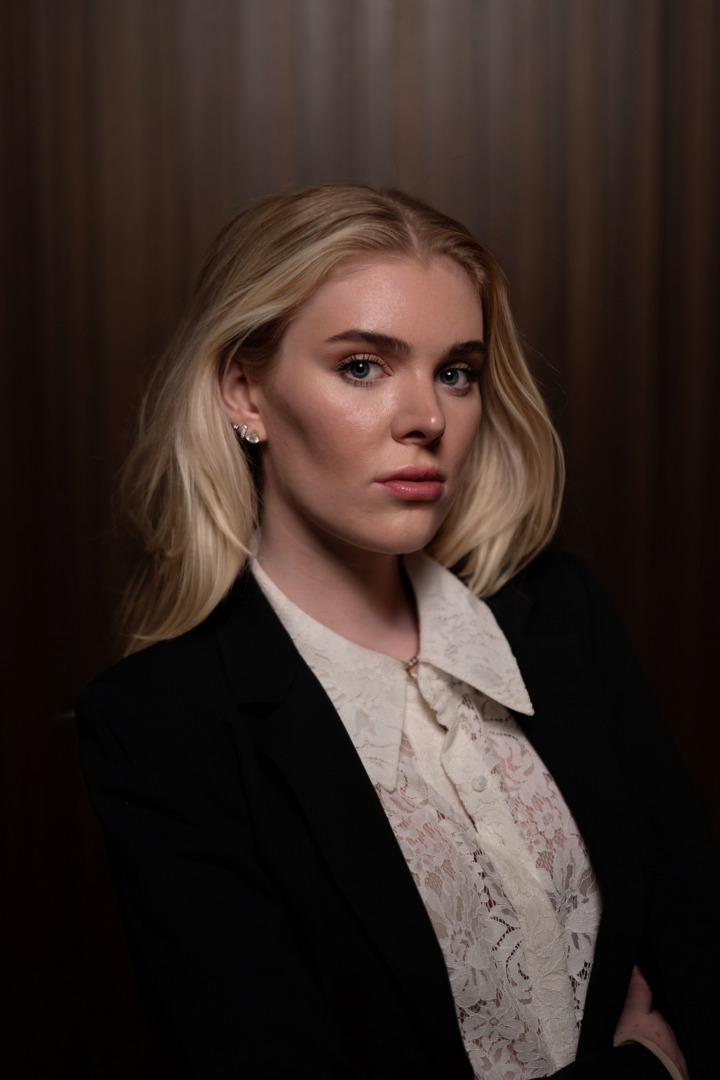

We had the good fortune of connecting with Eliza Glover and we’ve shared our conversation below.
Hi Eliza, where are you from and how did your background and upbringing impact who you are today?
I’m originally from Houston, TX, where I spent the first 14 years of my life before deciding—yes, deciding—to move to London and live with family. I was looking for something different. I wanted to explore the world beyond the lens I’d grown up with, and that one decision completely changed the trajectory of my life.
Growing up, I was lucky to have two incredible role models. My dad built his company from the ground up and taught me that business isn’t just about hustle; it’s about curiosity, creativity, and a deep respect for people. My mom balanced a thriving career while raising three daughters with independence, grace, and an unapologetic commitment to self-care. As a female founder today, I think about their influence all the time.
In London, I fell in love with fine art and fashion. And I mean fell hard. I started designing custom denim jackets and launched my first venture, Lonely Socialite, at sixteen. Those jackets ended up on the backs of a few well-known rappers, which pushed me to think bigger. I challenged myself to produce a full fashion collection and host a runway show. I did it with no real experience, and over 300 people showed up. That moment taught me that if you really care about something, you’ll find a way to bring it to life.
But the more I created, the more I realized I was just as interested in how people found these experiences as I was in designing them. I kept coming back to one question: why does discovering fashion in real life feel so disconnected and outdated compared to online? That frustration turned into curiosity. And that curiosity turned into Buy Blvd.
When I applied to USC’s Iovine & Young Academy, a program for entrepreneurs at the intersection of design, business, and tech, I pitched a version of what would later become Buy Blvd. Back then, it was called “ReSTOREation” (cheesy, I know). But even then, I knew I was chasing a bigger idea—one that could bring creators, boutiques, and shoppers into the same conversation.
At USC, I temporarily stepped away from fashion to gain experience in marketing, business, and tech. I worked with SC30 (Steph Curry’s company), led the Spread Care Not Covid campaign, and interned at multiple startups. Four years later, during our capstone project, I revisited my original idea and pitched it to my now co-founder, Ryan. Though fashion wasn’t his passion, he immediately saw the importance of supporting small businesses, especially post-COVID when so many stores had shut down. Initially, we created a local search and discovery app featuring about 30 LA boutiques, but quickly saw a bigger opportunity: solving the broken attribution model between online discovery and offline purchases. That’s when we pivoted.
Fast forward to now. Buy Blvd is a living, breathing version of that original idea. We’re building the first affiliate network for in-store shopping, and we’ve already onboarded over 50 creators and 300 local boutiques. The common thread through it all? That teenage girl in London who believed in-store discovery should feel like magic and wanted to build the tools to make it happen.
What was your thought process behind starting your own business?
Honestly, I didn’t start out trying to become a “founder.” I was just following a problem I couldn’t stop thinking about. Ever since I was a kid, I loved creating—companies, campaigns, creative experiments—not because I wanted a title, but because I was obsessed with turning something intangible into something real.
The idea for Buy Blvd didn’t begin with a pitch deck or startup ambition. It began with frustration. I couldn’t believe I couldn’t simply Google “White Sneakers Near Me” and find results from local stores. I repeatedly encountered the same issue: how clunky and outdated in-store discovery felt compared to sleek online experiences. As a consumer, it felt like the tools hadn’t caught up. I kept thinking: What if this could be better? What if creators, shoppers, and boutiques could actually be in sync?
The more I explored, the clearer it became: no one was building what I envisioned. So, I started. For me, launching a business has never been about chasing a title; it’s about chasing that spark of curiosity and turning it into something useful for the world.
What’s the end goal? Where do you want to be professionally by the end of your career?
Honestly, I have no idea where I’ll end up by the end of my career, and that uncertainty excites me. I’ve never been one to map out a rigid five, ten, or twenty-year plan. Life has thrown me enough surprises to show that unexpected turns often lead to defining chapters.
What I do know is who I am at my core: I’m a builder. I’m a founder. I feel most alive turning ideas into something tangible, whether that’s a product, a community, or a new way of doing things. Even before having the language for it, I’ve always been driven by creation. I’m not chasing titles or vanity milestones; I’m chasing impact.
Legacy is something I think about often, but not traditionally. I don’t need plaques or buildings named after me; I want to look back and say, “That mattered.” That company we built, that creator we empowered, that retailer we helped thrive—those things count. Those are the markers of a life well spent.
I’m open to reinvention. Maybe I’ll stay in tech. Maybe I’ll return to fashion. Maybe I’ll dive into something that doesn’t exist yet. What will always guide me is that creative impulse, the desire to build, make things better, and push ideas forward. If, by the end, I can say I followed that impulse fully—without apology or hesitation—then I’ll know I did it right.
Risk taking: how do you think about risk, what role has taking risks played in your life/career?
I think risk is often misunderstood. People imagine it as a single, dramatic leap—quitting your job, starting a company, moving across the world. And sure, we’ve all done versions of those things. But the truth is, risk is more constant than that. It’s a steady pulse, not a single moment. It lives in everyday decisions where you choose to bet on yourself, even when no one else is quite sure what you see.
For me, risk has meant pitching big ideas before I felt “ready,” speaking up in rooms where I was the youngest person, cold-emailing an investor with a bold opener, going door-to-door in LA with no built product, just a promise to drive in-store traffic…or doubling down on Buy Blvd when we could have left it as a class project.
Some risks paid off; some didn’t. But they always moved me forward. I don’t take reckless risks, but I do take necessary ones, guided by my gut. Investing in marketing while bootstrapping feels risky, but if you believe in your vision strongly enough, the risk becomes your path.
Risk can be a big leap or as subtle as stepping outside your comfort zone, like speaking on a panel, showing up on social media, or attending networking events alone. Every pivotal chapter in my life came from taking a leap. I don’t see risk as reckless; I see it as essential. If anything, risk is belief, betting on your vision even when others can’t yet see it.
Work life balance: how has your balance changed over time? How do you think about the balance?
Work-life balance has been a constantly evolving concept for me, and honestly, I don’t think anyone ever has it fully figured out. Early on, I fell into the classic startup trap: hustle at all costs; define your worth by output. There were long stretches where I ran on fumes, chasing goals without really checking in on how I felt.
I’ve come to realize that balance isn’t about perfect division of time, or turning off at 6 pm with a clear head. For me, it’s about noticing the energy I’m bringing into my work versus what I’m pulling from it. Am I running toward something with excitement, or just burning through the day trying to keep up?
As a founder, there’s never going to be a clean split between work and life; they’re deeply intertwined. What’s changed is how I manage that entanglement.
At this point in my life I’m usually working all day, then have events almost every evening of the week, so it’s really about giving myself grace when I just need a break here and there. I now think of balance as a rhythm instead of a rule; one that includes space for rest, creativity, connection, and recalibration. That rhythm is personal; what works for me might not make sense to someone else. But I’ve learned to listen to my nervous system more than my calendar.
Some weeks, the job needs everything. But I’ve also learned that I lead better, think more clearly, and build more sustainably when I give myself permission to be human first, founder second. The awareness of where my energy is going, and why, is what helps me stay grounded in both worlds.
And something I’ve learned along the way is how important connecting with other founders in community settings is for me. Being a founder can be lonely, and hearing how others are navigating challenges or solving similar problems has been one of the most meaningful ways I’ve stayed inspired and grounded.
What value or principle matters most to you? Why?
I’m not sure I can name just one guiding value, but if there’s a golden thread running through everything I do, it’s community. It’s the lens through which I approach nearly all my decisions, both personal and professional.
The people around me—my friends, mentors, collaborators—aren’t just my support system; they’ve been integral to every step of my journey. They’re the ones I turn to when I’m stuck, need feedback, or simply a reminder of why I started. They aren’t just part of my orbit; they’re embedded in the DNA of everything I build.
At its core, Buy Blvd shares this same spirit. We create tools that empower creators and local retailers to thrive together, not in isolation. Shopping, influence, and decision-making are inherently communal experiences. Whether it’s a friend sharing a link, a trusted creator recommending their favorite store, or a boutique owner remembering your name, these moments deeply matter.
To me, community makes products human—it transforms transactions into recommendations and brands into meaningful experiences. My guiding principle is clear: build things that bring people together, and do it with intention, empathy, and heart.
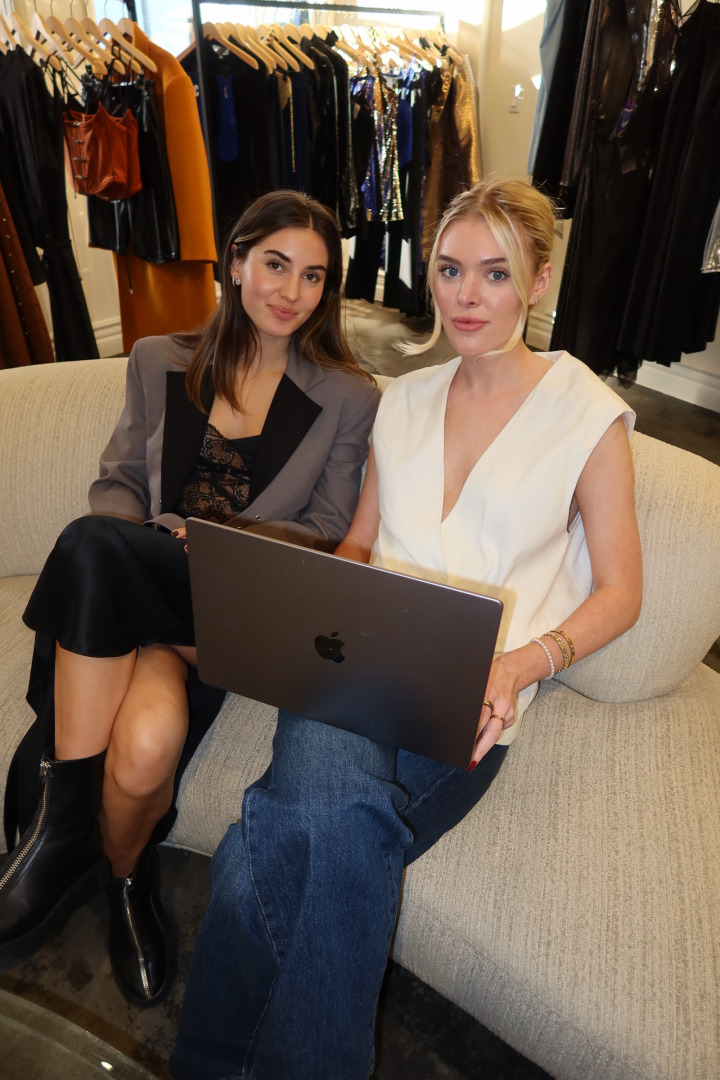
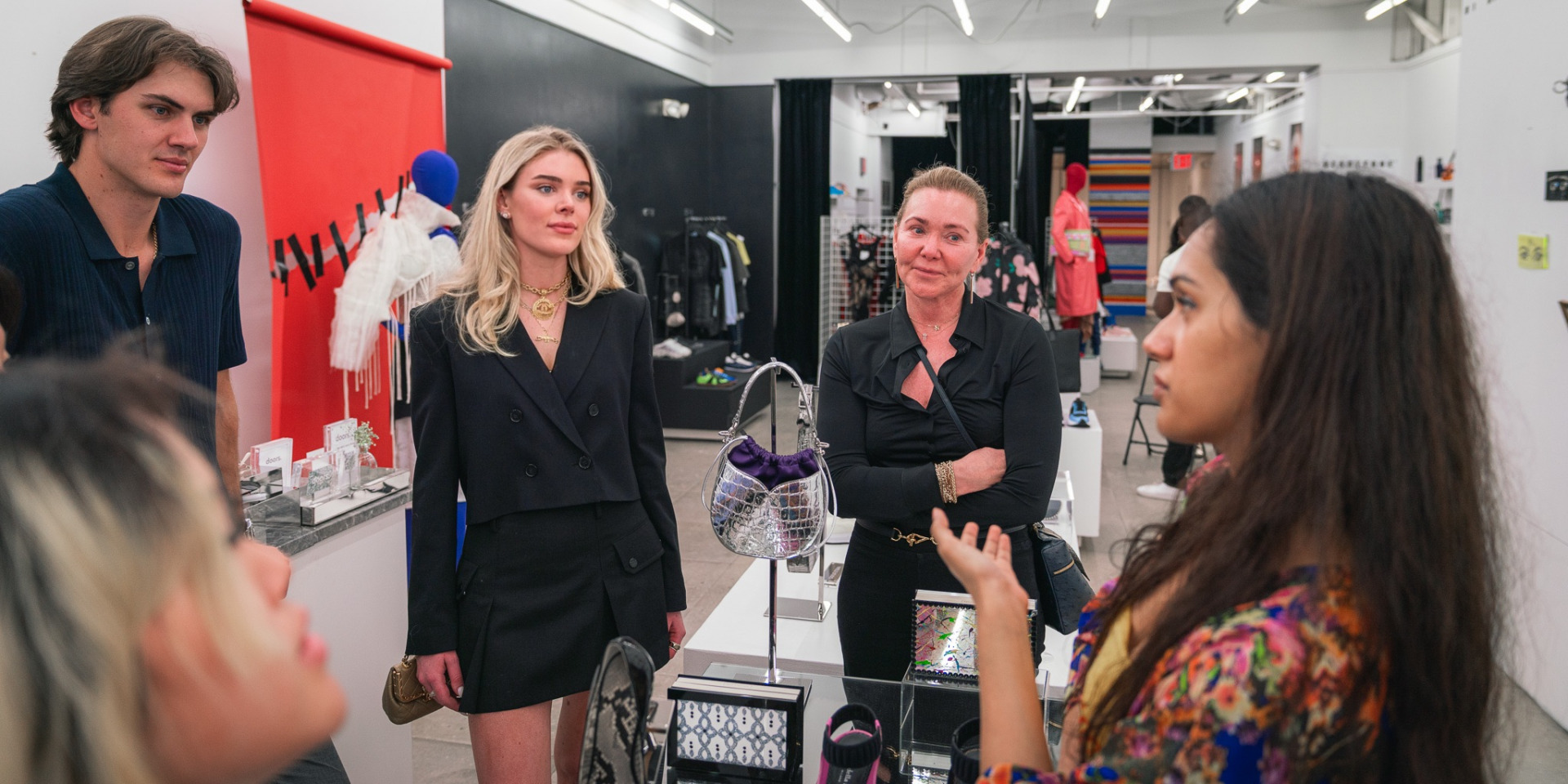
What should our readers know about your business?
Buy Blvd is the first affiliate network designed specifically for in-store shopping. We partner directly with local retailers to sync their real-time inventory and make it accessible to creators, platforms, and shoppers. So when someone walks into a store and buys something because of a post, a rec, or a link, it actually gets tracked. No QR codes, no coupons. Just simple attribution through phone number or email at checkout.
The idea started from a personal pain point. I was always trying to find last-minute items in store—“white sneakers near me,” “black dress in size S”—and every time I searched, all I got were sponsored results that were nowhere near me, and definitely not what I was looking for. I originally pitched the concept in a one-minute video when applying to USC’s Iovine & Young Academy, but didn’t revisit it until my senior year. Post-COVID, with so many local stores shutting down, the idea started tugging at me again.
The first year of BuyBlvd, while still in school, was all about figuring things out: the brand positioning, technical feasibility, and our target audience. I used to say, “How hard can it be to get real-time inventory from local stores? This is ridiculous.” And then, of course, we quickly found out why it was hard. Scaling a double-sided marketplace is tough. It’s the classic chicken and egg problem. But we were stubborn and determined.
We were scrappy. We tested everything manually: inventory syncing, attribution, onboarding creators through DMs. To get our first 30 stores on board, we spent six weeks walking door to door, asking for access to inventory systems with no product built—just a promise that we’d drive real foot traffic. Some said yes, many said no, and we learned fast what actually mattered to them. Those early conversations were priceless.
A big part of our traction came from building real relationships and understanding the owners’ stories, struggles, and values. Most tech companies miss that. They treat these stores like numbers in a funnel. But these are legacy businesses, neighborhood staples, and people with deep pride in what they’ve built. They helped shape the product and reminded us that just because something feels “obvious” doesn’t mean it’s easy or trusted.
After graduating, we launched the app and started fundraising. But VCs were hesitant. Marketplaces aren’t always in vogue, and it made us pause. We asked ourselves: why hasn’t anyone built a successful local discovery platform? What’s the real unlock?
That’s when it clicked. Most affiliate networks stop at online. But 80% of sales still happen in store. And 80% of in-store purchases are influenced by digital touch points. The reason no one’s driving those in-store purchases is because no one can track them. No tracking means no commission. No incentive. So we realized that because we integrate with stores and because we track digital behavior, we could actually close that loop. We could attribute the sale even when it happens offline.
What started as a search problem evolved into something bigger: building the infrastructure to power offline commerce in a digital world. We went from 30 to 300 stores after the pivot and it was great validation that this new model worked and was the real underlying pain point.
We’ve made our fair share of mistakes. We definitely tried to do too much at once. We overbuilt before we validated. We spent 3 months building a product that we scrapped after 2 months. But eventually we stripped everything back and focused on one core thing: proving attribution. That changed everything.
What I’m most proud of is how close we’ve stayed to our community: retailers, creators, and shoppers. Every version of the product has been shaped by their feedback. We recently launched our Creator Storefront Beta in LA and the excitement has been real. Seeing creators share local products they genuinely love and finally get credited for the impact they have? That’s the vision coming to life.
If there’s one thing I’d want people to know about BuyBlvd, it’s that we’re not just building tech. We’re building a new model for how in-store shopping fits into the digital world. One that values credit, connection, and community just as much as conversion. Supporting small local businesses will ALWAYS be at the forefront of what we do.
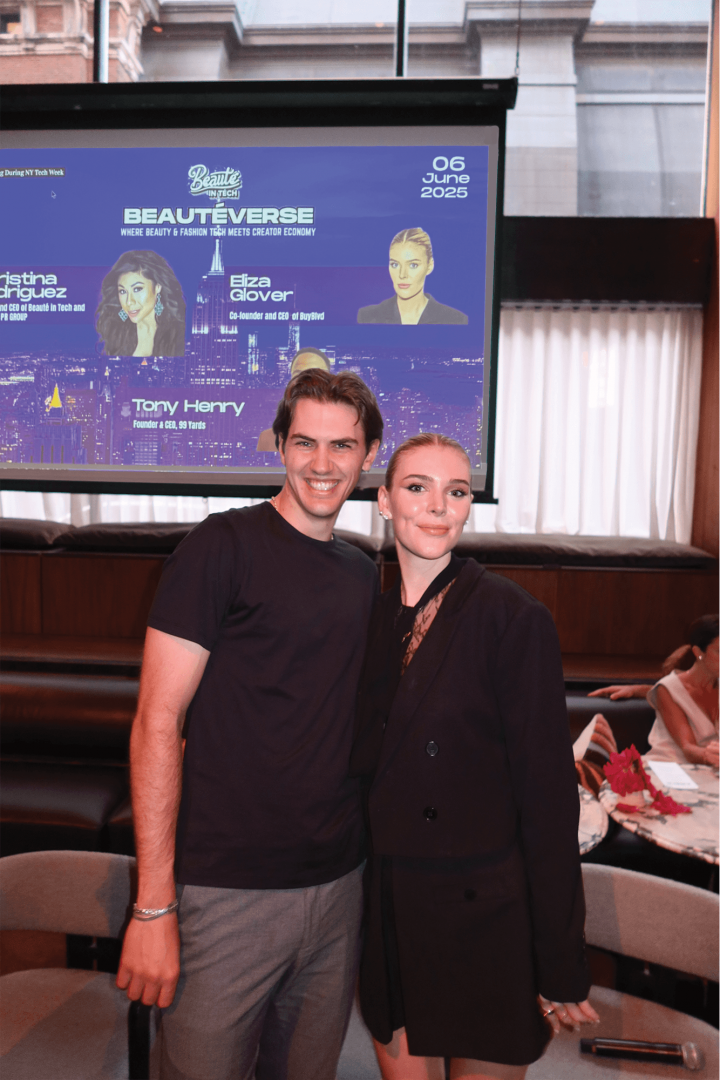
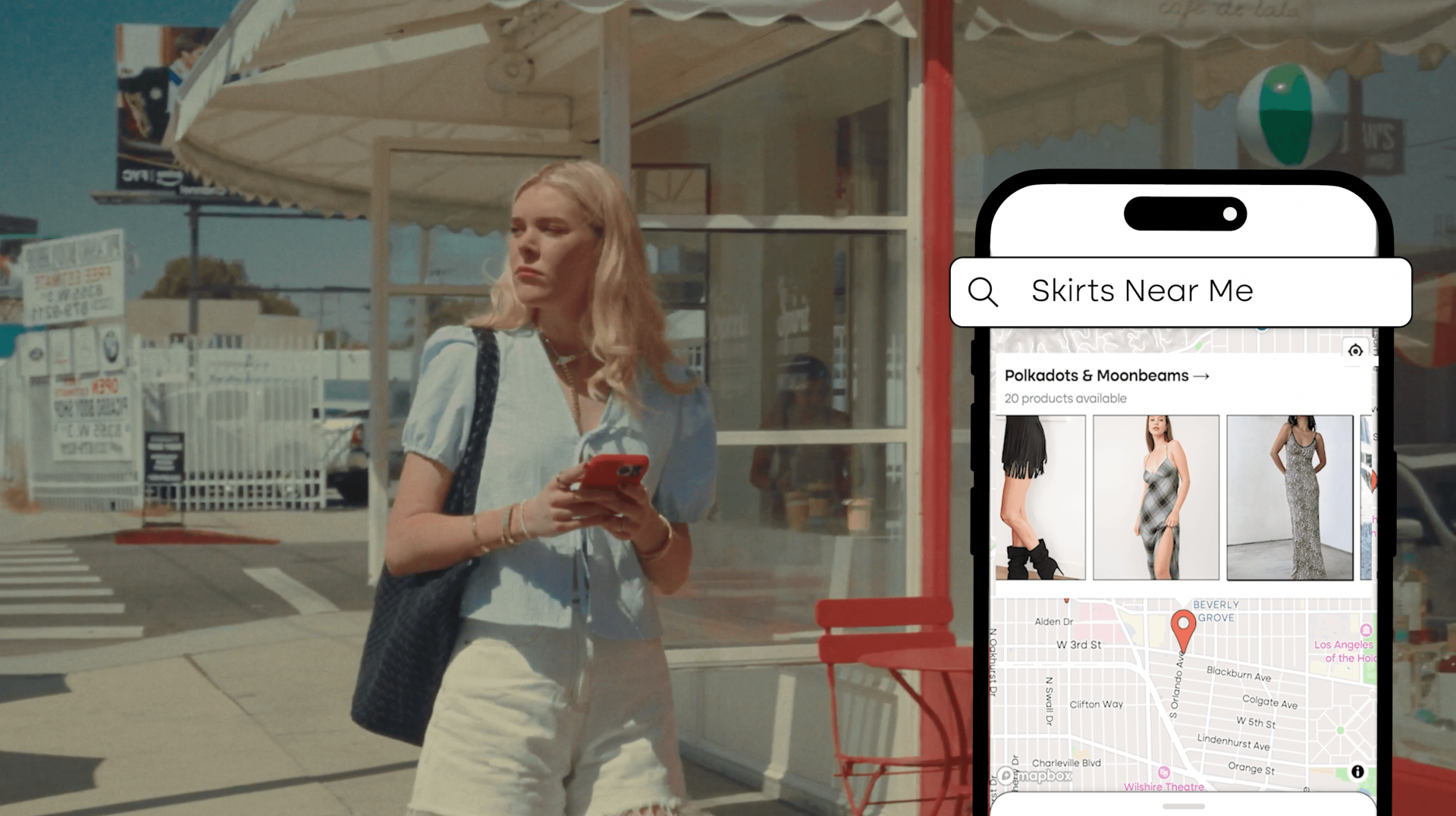
Any places to eat or things to do that you can share with our readers? If they have a friend visiting town, what are some spots they could take them to?
**Shopping**
– Studio City: Gisele Tune, Habit Footwear, EVAMAIA, Sy Devore
– West Hollywood: CURVE, Polkadots & Moonbeams
– Santa Monica/Venice: LAYA, Minnie T’s, Satine, Last Resort
**Activities:**
– Pickleball in WeHo Park
– Hollywood farmers market (Sundays)
– Trivia at Barney’s Beanery (Tuesdays)
– Comedy: Yamashiro, Comedy Store, Laugh Factory
– Melrose Trading Post (Sundays)
– Evening Hike @ Runyon Canyon
– Disneyland…
**Lunch Spots:**
– The Rose (Venice)
– Dante (Beverly Hills)
**Dinner Spots:**
– The Benjamin (Hollywood)
– The Grill on the Alley (Beverly Hills)
– Cucina Alba (West Hollywood)
– Musso & Franks (Hollywood)
– Yamashiro (Secret comedy room after) (Hollywood)
– PZQ KBBQ (West Hollywood)
**Drinks:**
– Tower Bar
– Venice Edwin Hotel Rooftop (Venice)
– Chateau Marmont
– Andys (Weho)
– Dante Martini Happy Hour
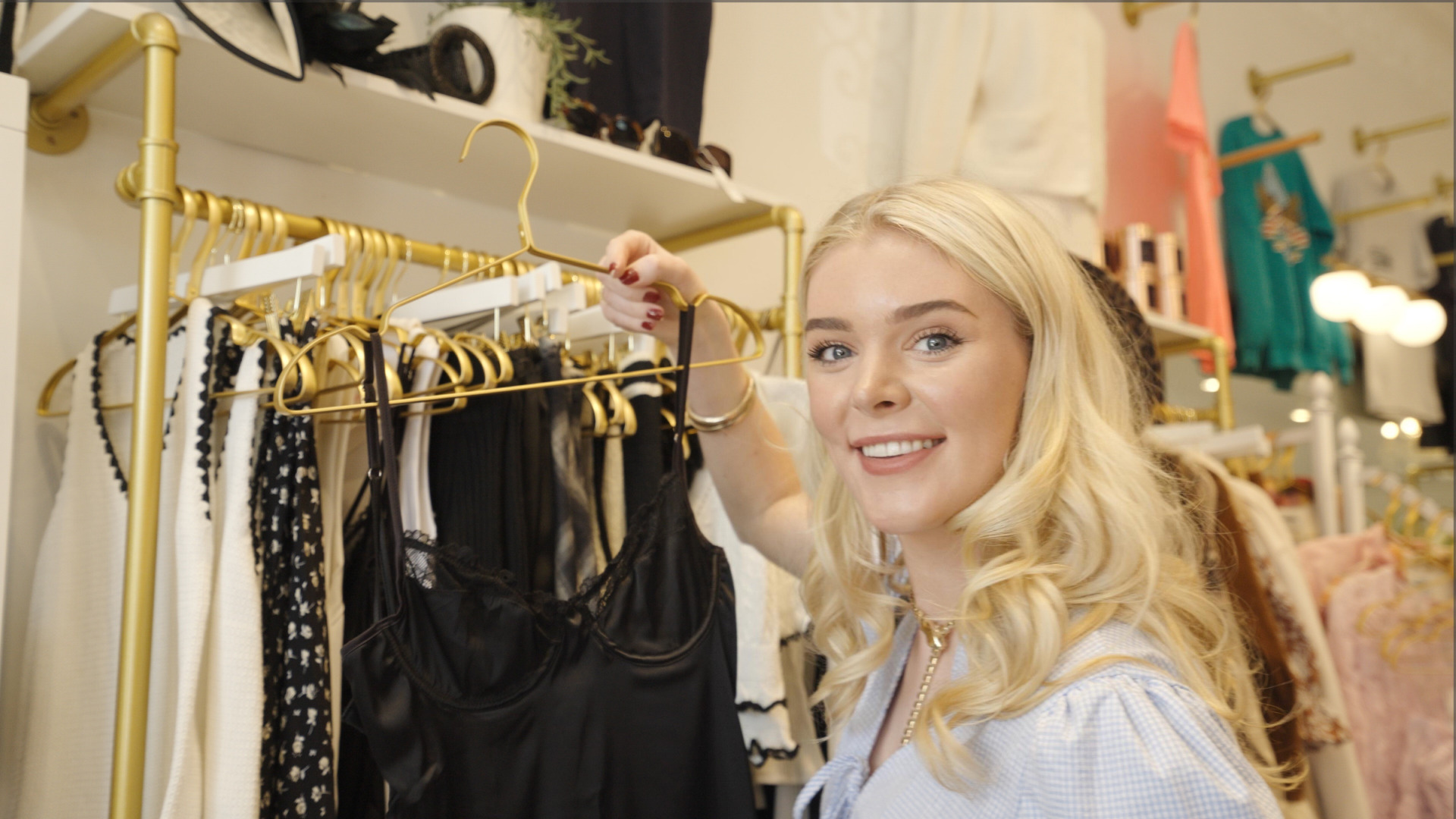
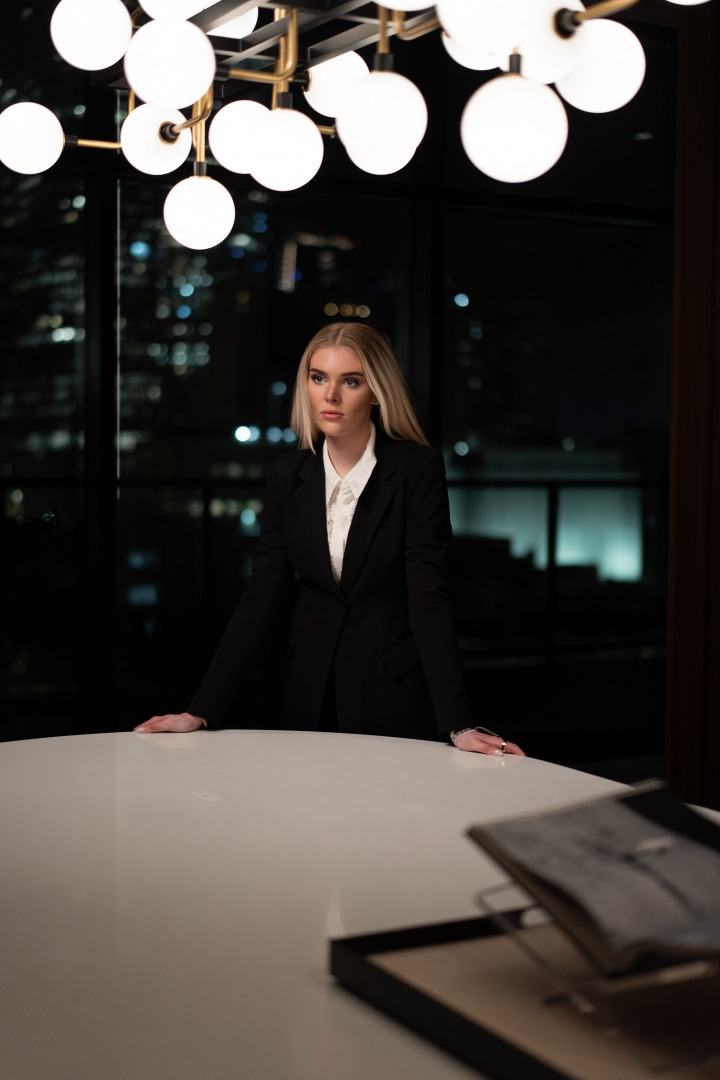
Shoutout is all about shouting out others who you feel deserve additional recognition and exposure. Who would you like to shoutout?
There are so many people I could shout out here, but a big one is the community I found through USC’s Iovine and Young Academy. That program and the people in it truly changed the course of my life. It gave me the freedom to experiment, fail, build, pivot, and dream so much bigger than I ever thought I was allowed to. I met my co-founder, Ryan, there. I built Buy Blvd there. And I found a support system of creative, ambitious people who deeply understand what it means to try and build something from the ground up.
I also have to shout out the early Buy Blvd team at USC, and the first creators and retailers who said yes before we had anything built. They believed in the vision before it was fully real. That kind of belief is the fuel that keeps a founder going. I don’t take it lightly.
And of course, my family. My mom is the reason I feel grounded. She’s the one who reminded me, from early on, that it’s okay to chase something unconventional and still have roots. My dad showed me what it looks like to build something from scratch. He’s always encouraged me to rethink problems, stay creative, and keep evolving. So much of what I bring to the table comes from them.
Website: https://www.buyblvd.com/
Instagram: https://www.instagram.com/buyblvd/ https://www.instagram.com/elizagloverlover/
Linkedin: https://www.linkedin.com/in/elizaglover/
Youtube: https://www.youtube.com/@buyblvd
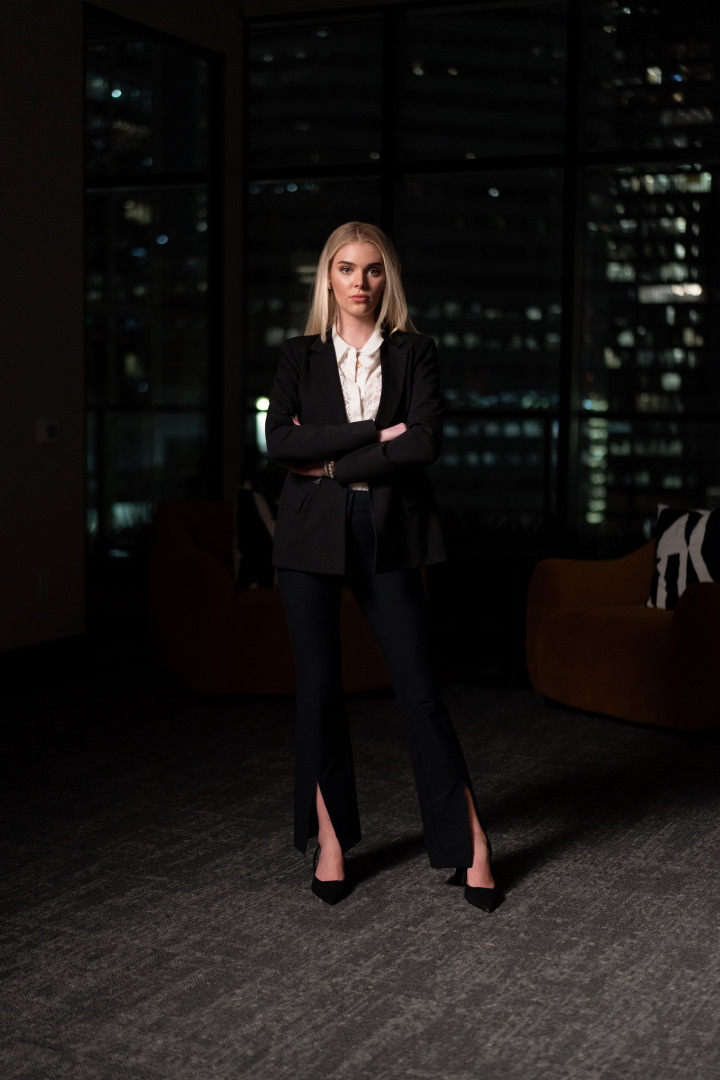
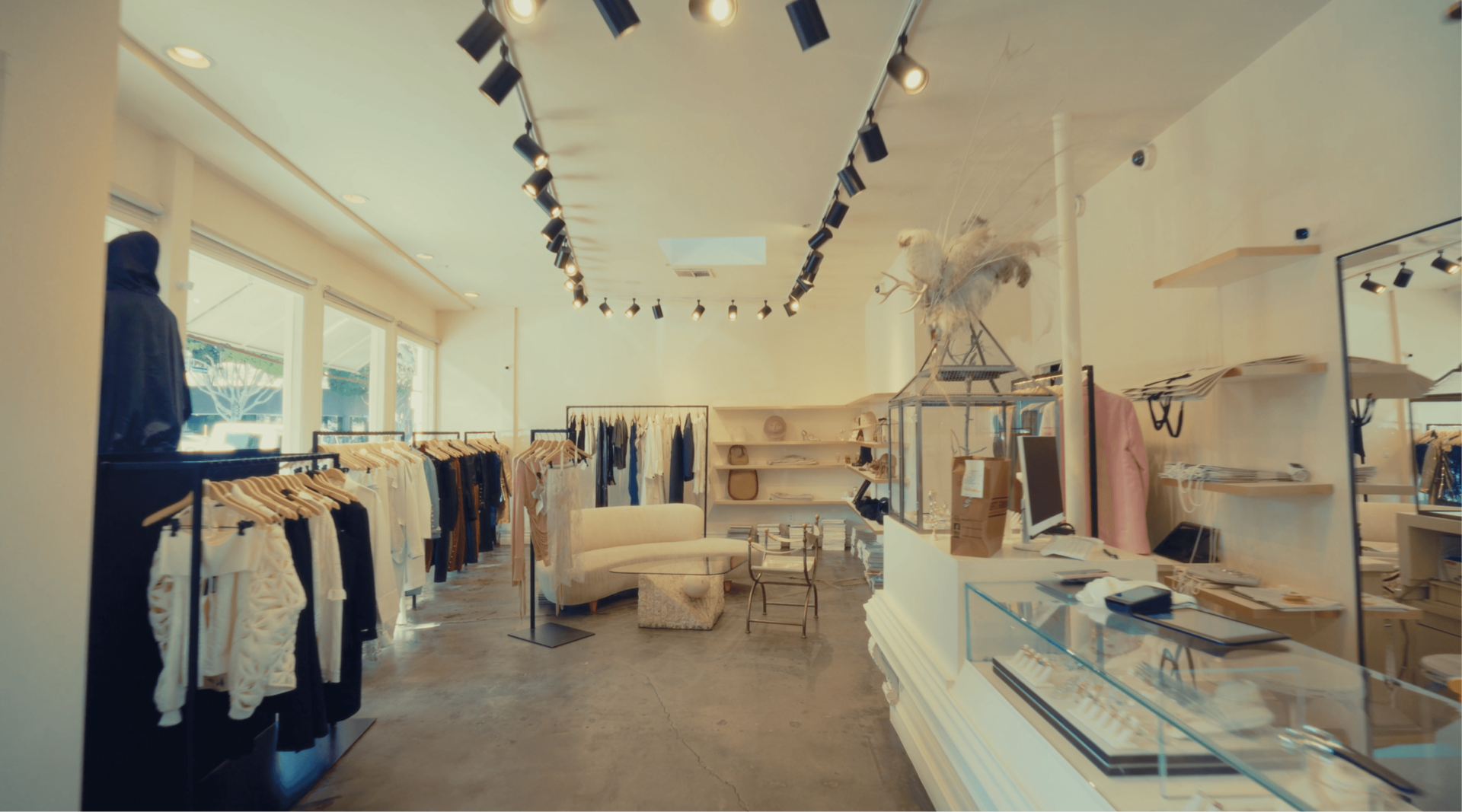
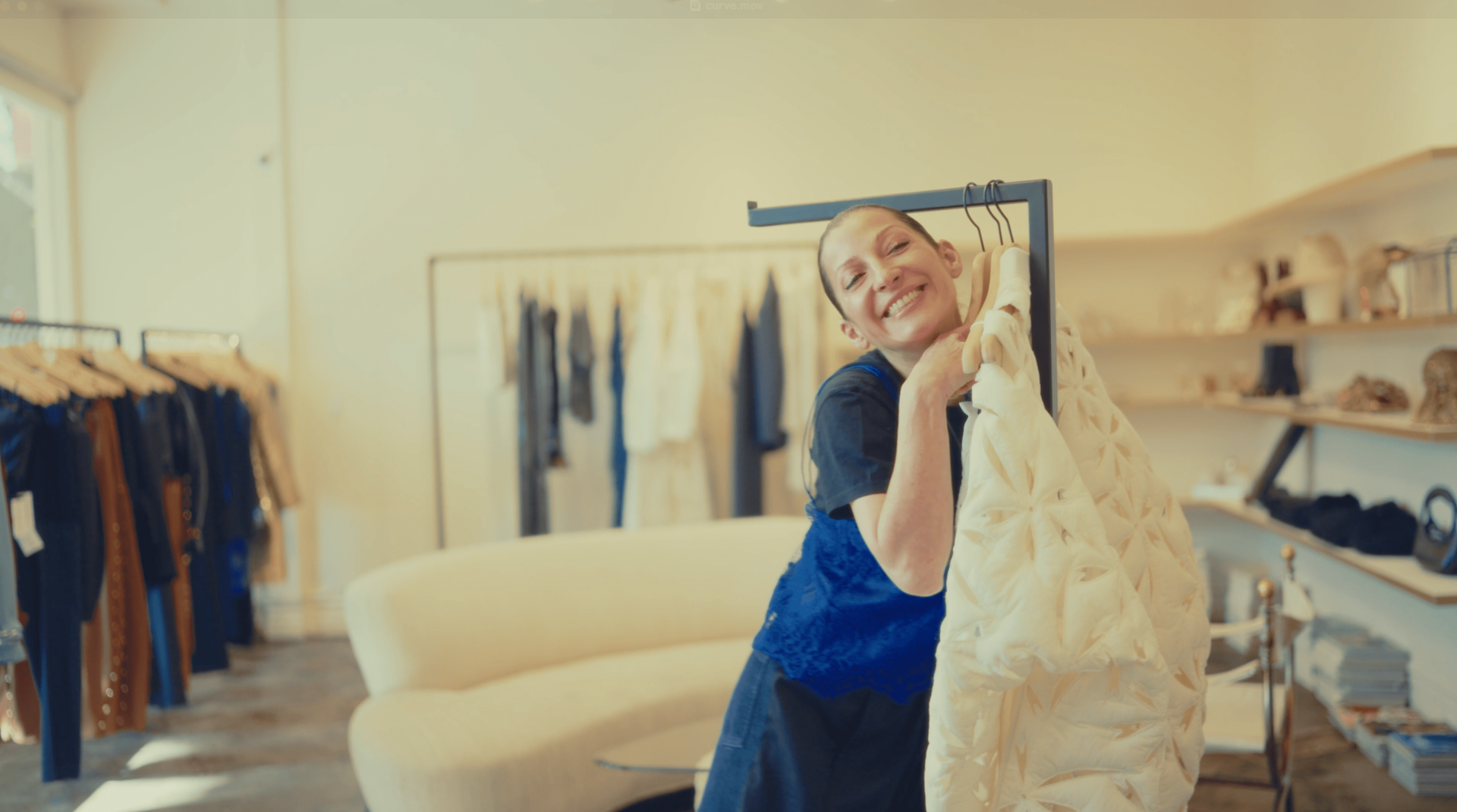
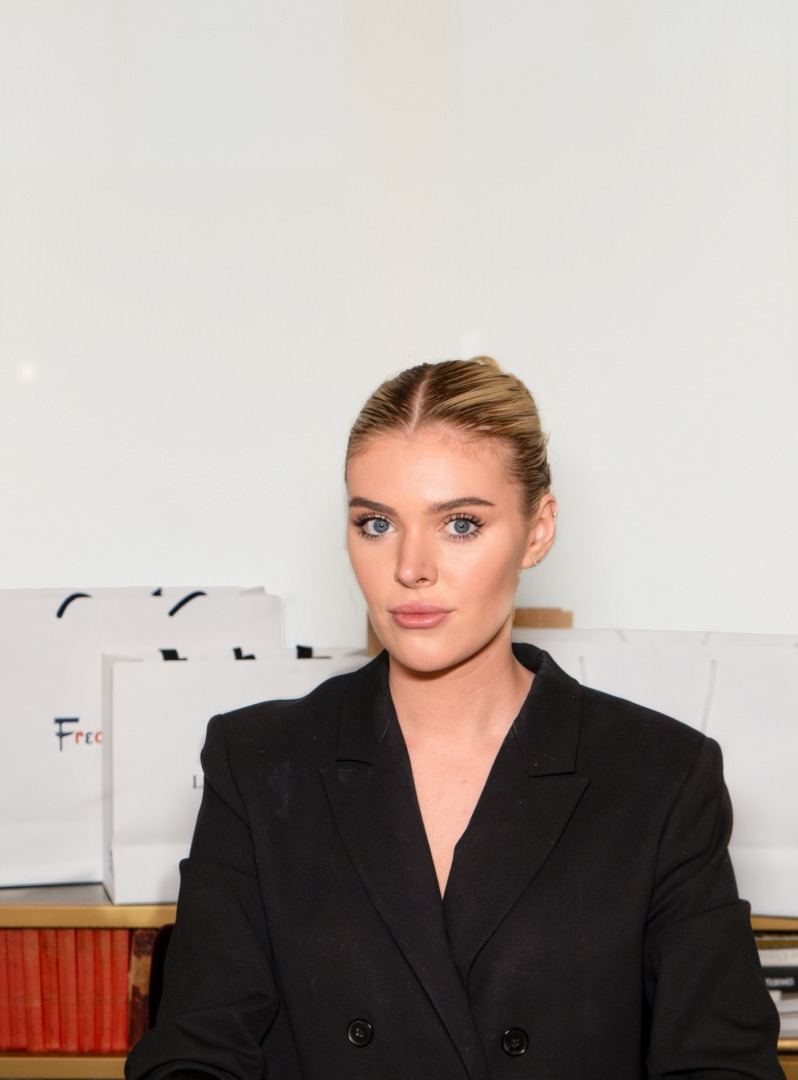
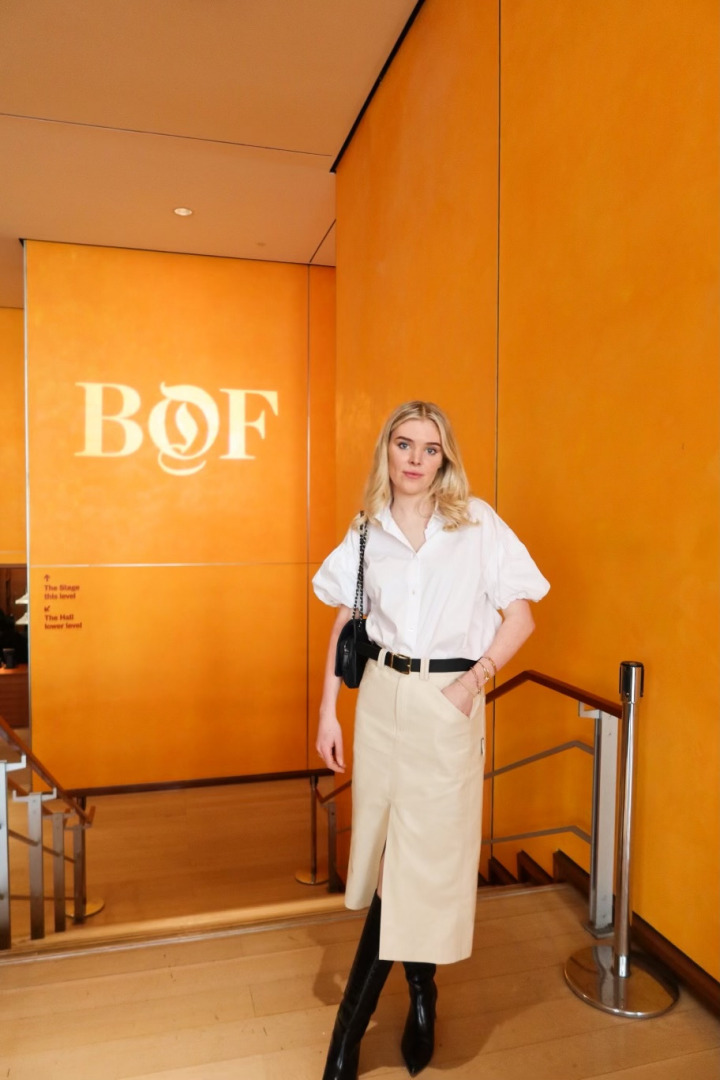
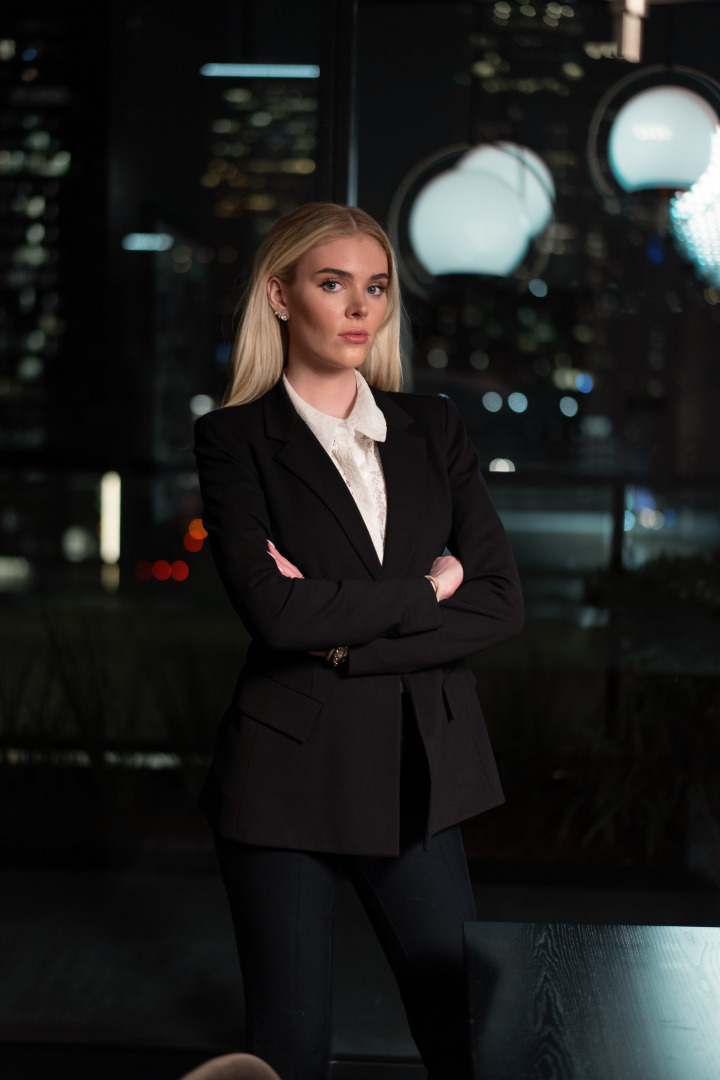
Image Credits
Jason Haas
